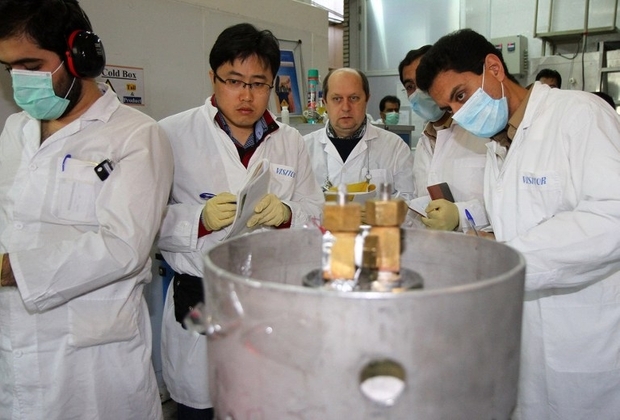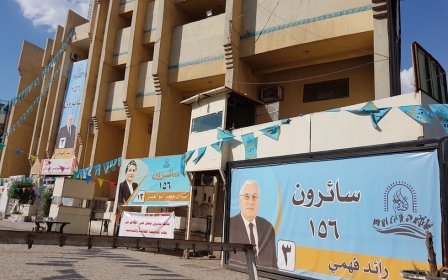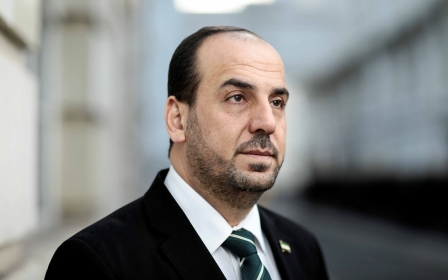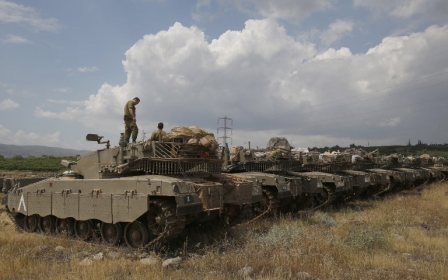US says Iran nuclear inspections must continue

The White House wants intrusive inspections of Iran's nuclear sites to continue despite President Donald Trump's withdrawal from a landmark accord on Tehran's atomic programme, US officials told AFP.
Days after the US president walked away from a three-year-old deal that mandated rigorous scrutiny of Iranian facilities, senior administration officials said monitoring should continue regardless.
Known officially as the Joint Comprehensive Plan of Action (JCPOA), the deal between Tehran and major world powers forces Iran to open any site to inspectors within 24 days and introduced 24-hour remote surveillance at some sites.
Supporters of the Obama-era accord argue it provided "the world's most robust" monitoring regime, allowing access to the Islamic republic's most sensitive nuclear sites.
Making his withdrawal announcement on Tuesday, Trump pilloried the accord for lacking mechanisms to "prevent, detect, and punish cheating" or provide immediate access to suspicious military sites.
"We expect Iran will continue to implement the Additional Protocol and cooperate with the IAEA whether or not the JCPOA remains in place," one senior administration official said.
A second official confirmed to AFP on Thursday that Washington still wanted the inspections.
Other signatories to the Iran deal - including Tehran, China and European powers - have vowed to press ahead with the agreement's implementation.
But officials are privately sceptical about how long it can survive, particularly if the United States imposes sanctions on European companies doing business in Iran.
And non-proliferation experts have warned that a vital window into Iran's nuclear activities could be lost.
"If the agreement collapses, Iran is under no obligation to implement any of these provisions, either the Additional Protocol or the deal-specific measures," said Kelsey Davenport, director for nonproliferation policy at the Arms Control Association.
"The nuclear deal with Iran put the country's programme under a microscope," she told AFP, saying the measures serve as "an early warning system that will set off alarm bells if Iran tries to cheat on its commitments or conduct illicit activities."
Meanwhile, a State Department official told reporters in a briefing on Tuesday that no US diplomats had yet engaged with any private sector energy companies about cutting their Iranian purchases, but that energy bureau staff would "move out immediately" to do so.
Sources with three global trading houses involved in Iranian oil purchases said they expect Iran's customers to ask for waivers under the US sanctions.
Some Asian governments, including South Korea, India and China, are also hoping they can avoid the brunt of the sanctions by acquiring waivers - which the US government has said it will only consider granting if a country shows a good faith effort to cut Iranian purchases.
New MEE newsletter: Jerusalem Dispatch
Sign up to get the latest insights and analysis on Israel-Palestine, alongside Turkey Unpacked and other MEE newsletters
Middle East Eye delivers independent and unrivalled coverage and analysis of the Middle East, North Africa and beyond. To learn more about republishing this content and the associated fees, please fill out this form. More about MEE can be found here.




